Kansas Builders Insurance Group Helps Employers Avoid Hiring Mistakes with PCP Testing
Today, KBIG not only offers onsite PCP testing for its member organizations, but for other employers in the community looking to minimize their hiring risk and potential injury-related costs.

Kansas Builders Insurance Group (KBIG) exists for one singular purpose: The benefit of its members. Over the past thirty years, KBIG has been dedicated to providing Kansas’ building industry with safe, stable, secure services. As the largest group-funded benefits pool in Kansas, KBIG offers its members workers’ compensation coverage, claims management, loss control services, and occupational testing. According to KBIG Administrator, Doug Hamilton, the fund’s occupational testing services offer significant value to its members
“At KBIG, we are of the mindset that we exist as a benefit to our members,” Hamilton said. “We offer occupational testing to assist our members with making sound hiring decisions, and to help them minimize the risk of hiring a future injury.”
When it comes to KBIG’s occupational testing services, it relies on the Physical Capacity Profile® (PCP) test from Occupational Performance Corporation (OPC).
Hiring the Right Workers for the Construction and Building Industry
Employee risk research indicates that the construction industry is one of the most dangerous, resulting in thousands of non-fatal worker injuries that cost companies millions of dollars every year. For every injury a worker sustains, they face a risk of returning to work having not fully recovered the strength, endurance, and flexibility maintained before the accident. As a result, the worker is at risk of exacerbating the injury and costing the company even more in lost productivity, medical expenses, and workers’ compensation claims.
KBIG is committed to offering its members post-offer, pre-employment testing using the PCP to minimize worker injury and employer expenses.
“We want to help our members with the hiring process,” said Hamilton. “This includes ensuring that they can bring workers back to their job safely if they have been recovering from an injury or even furloughed for a significant period.”
The PCP testing system is used for post-offer or pre-employment physical exams, fit for duty, and functional capacity evaluations (FCE’s) conducted on behalf of employers. Through computerized software, a comprehensive collection of 23 maximum strength measurements are collected in as little as 20 minutes. Results are available in minutes for both the medical team and employer. The medical information is obtained and measured utilizing standards from the Department of Labor’s (DOL) five classifications of work and the American Medical Association (AMA) guidelines.
KBIG purchased a PCP apparatus that it maintains onsite. Its member organizations send prospective hires or previously injured workers to KBIG’s location where a trained clinician facilitates the PCP test, providing results to KBIG and the employer group in minutes.
For Hamilton, while quantifying cost avoidance is challenging, there is comfort in the peace-of-mind of knowing you have taken adequate steps to minimize risk.
“You will never know about the injuries that didn’t happen,” said Hamilton. “Many aspects of cost avoidance are immeasurable. However, we feel that companies that take a proactive step by incorporating PCP testing into their hiring process prove to their prospective hires that they care about their safety and are taking the steps necessary to maintain a healthy workforce and safe environment. Organizations with this mindset, we believe, are the ones that will be most successful with injury prevention.”
Hamilton adds that the PCP helps employers hire not just prospects with the necessary physical abilities, but who are conscientious about wanting to choose a position in which they can safely excel.
“We feel PCP testing is a solid indicator of the type of employee that you will ultimately hire,” said Hamilton. “Every employer has to watch their dollars these days. Unfortunately, there are situations where significant workers’ compensation claims can put a company out of business. When it comes to hiring the right people, you can’t take it for granted. If you’re not careful with who you hire, it may not be this week, this month, or even this year, but at some point, the wrong hire will cost you.”
The Value of a Long-Term Partnership
For KBIG, located in Topeka, Kansas, finding the right occupational testing equipment provider meant looking no further than their OPC neighbors in Salina, Kansas.
“There is significant value in our partnership with OPC,” said Hamilton. “We’ve had a long and rewarding relationship over the past several years. They have been extremely supportive, both from the standpoint of the technology they offer and the technical expertise they provide as well as the reliability of the machine itself.”
KBIG recently adopted the use of the newest iteration of the PCP testing system. The new compact design offers a smaller overall footprint, and a 41 percent reduction in acquisition costs compared to the previous version.
“We were among the early partners to jump to use the newest equipment,” said Hamilton. “The team at OPC was very helpful as we made the transition to the new machine, and I believe our clinicians would say that they now move through the testing process even more efficiently. It operates well, there is nothing to slow you down, and it’s easy to get a proper reading.”
Expanding Its Post-Offer, Pre-Employment Testing Services
Today, KBIG not only offers onsite PCP testing for its member organizations, but for other employers in the community looking to minimize their hiring risk and potential injury-related costs. According to Hamilton, many of its community partners include entities in the service and food industries, school districts, and even a large casino.
“We often help to test individuals who will serve roles in maintenance and manufacturing positions,” explains Hamilton.
Encouraging Fellow Employers to Offer Post-Offer Pre-Employment PCP Testing
Hamilton’s advice for employers looking to maintain a safe work environment and minimize financial risk is to incorporate PCP testing into their hiring process.
“Think of the PCP test as another tool in your toolbox,” said Hamilton. “Everyone’s goal is to hire quality employees and keep expenses down. Injuries cost companies a lot of money. My advice to hiring employers is to do it right the first time. Making good quality hires will pay future dividends. Being mindful of good hiring practices is like putting money in the bank for a rainy day. It will pay off down the road, even if you don’t know how or when.”










